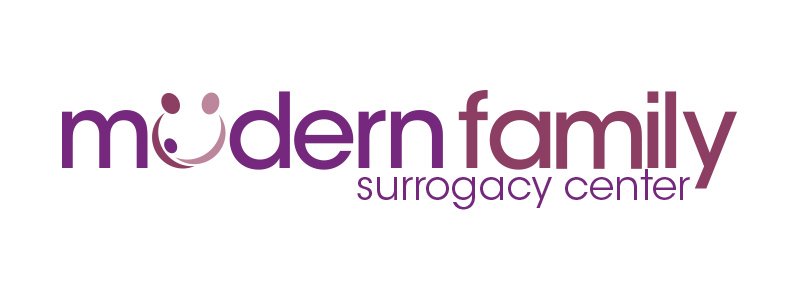How Long is the Egg Donation Process?
Egg donation is a selfless and compassionate act that can bring hope to individuals or couples struggling with infertility. However, potential donors often have questions about the time commitment involved in the egg donation process. In this article, we will delve into the various stages of egg donation and provide insights into how long the process typically takes.
The Initial Application Process:
The first step in becoming an egg donor is the initial screening process. This involves filling out an application form, undergoing a thorough medical history review, and participating in interviews with the fertility clinic's staff. The purpose of this stage is to ensure that the potential donor is prepared for the egg donation process.
Matching with Intended Parents:
After the donor is accepted into our egg donation program, we ask them to complete a donor profile, which we share with our intended parents. The matching process involves compatibility assessments based on various criteria, including physical characteristics, educational background, and any specific preferences outlined by the intended parents, so it can take anywhere from one to a few months.
Medical and Psychological Evaluation:
Once the donor has matched with an Intended Parent, the next step involves a comprehensive medical and psychological evaluation. This includes a detailed physical examination, blood tests, and genetic screenings to assess the donor's overall health and reproductive viability. Additionally, a psychological evaluation is conducted to ensure that the donor is mentally prepared for the emotional aspects of the process.
This stage typically takes a few weeks to complete, as the clinic needs to thoroughly assess the donor's health and psychological well-being. The results of these evaluations are crucial in determining the donor's eligibility and suitability for the egg donation process.
Legal Processes and Contracts:
After successfully passing the medical and psychological evaluations, the donor will move on to the legal processes. Legal contracts are drawn up to establish the rights and responsibilities of both parties involved – the donor and the intended parents. These contracts outline items such as compensation, confidentiality, and the release of legal responsibilities.
The legal processes can take a few weeks, as they require careful consideration and review by both parties and their respective legal representatives. It is essential for all parties involved to fully understand and agree to the terms outlined in the legal contracts before proceeding with the egg donation process.
Ovarian Stimulation and Egg Retrieval:
Once the legal processes are complete, the donor will begin the ovarian stimulation phase. This involves the use of hormonal medications to stimulate the ovaries to produce multiple eggs. Throughout this period, the donor will be closely monitored through regular blood tests and ultrasounds to track the progress of egg development.
The ovarian stimulation phase typically lasts around 10 to 12 days, though individual experiences may vary. The donor must follow the prescribed medication schedule and attend all required medical appointments during this time.
After the ovaries are sufficiently stimulated, the next step is the egg retrieval procedure. This is a minimally invasive outpatient procedure that usually takes about 20–30 minutes. The actual egg retrieval is a brief process, but the preparation and recovery time add to the overall time commitment.
Recovery and Post-Donation Follow-Up:
Following the egg retrieval, the donor will need some time for recovery. While the physical recovery is relatively quick, with many donors resuming normal activities within a day or two, it is essential to plan for a few days of rest and avoid strenuous activities.
Post-donation, the fertility clinic may schedule follow-up appointments to monitor the donor's well-being and ensure a smooth recovery. The total recovery period can last approximately one to two weeks.
The time commitment associated with egg donation involves several stages, each with its respective timeline. From the initial screening process to legal procedures, ovarian stimulation, and finally, egg retrieval and recovery, the entire egg donation process typically spans a few months or more.
Potential donors need to be aware of and prepared for the time commitment involved. While the process may require dedication and patience, the reward of helping someone build their family can be incredibly fulfilling. Egg donation is a generous gift that requires careful consideration, and understanding the timeline can contribute to a positive and informed decision-making process.


